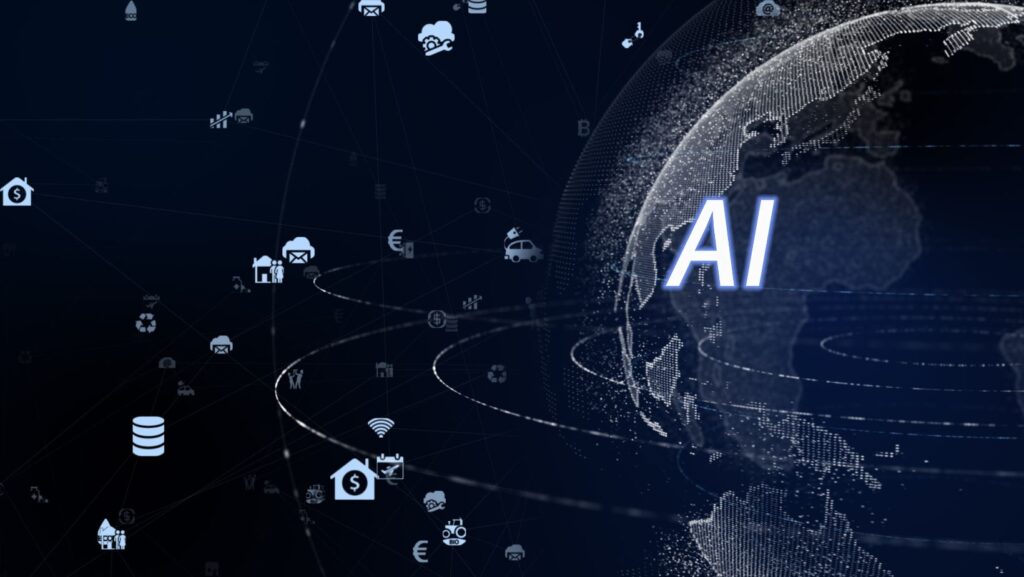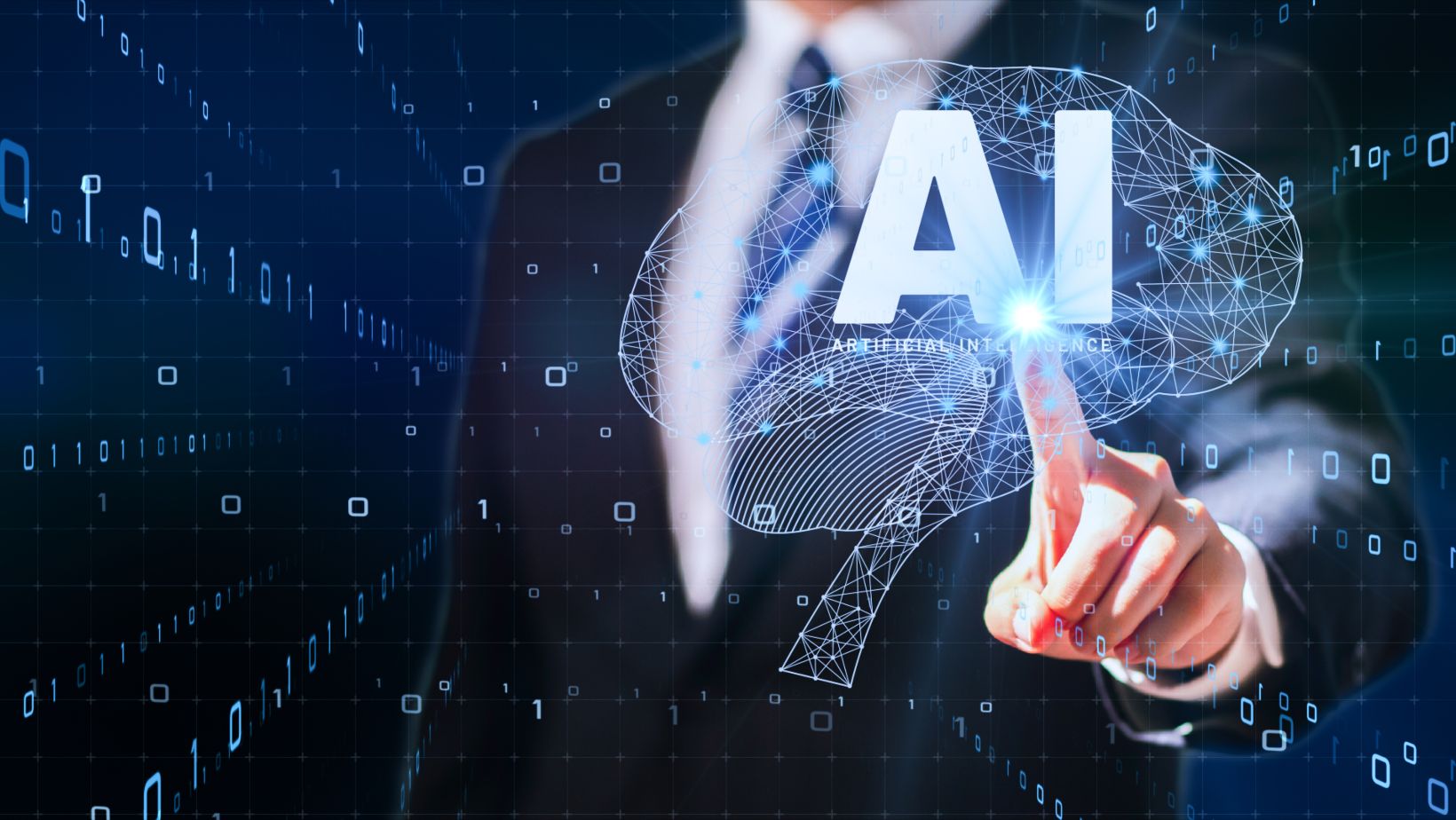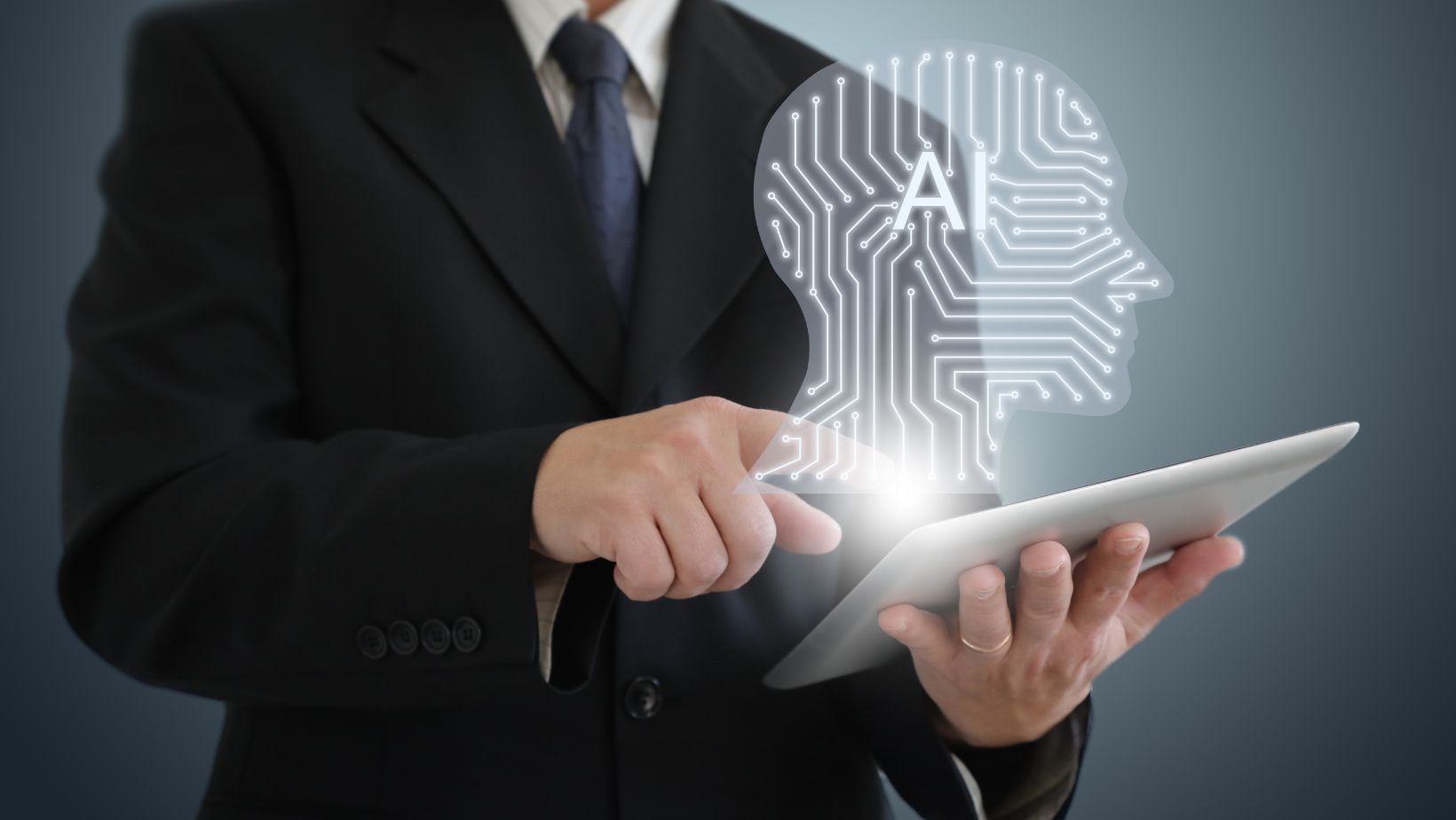
In recent years, the use of artificial intelligence (AI) in music education has moved from futuristic speculation to practical application. From personalized tutoring apps to adaptive theory lessons, AI is opening new avenues for students and educators alike. This article explores how AI is changing music classrooms and how platforms like AI Music Studio are helping reimagine the creative process.
The Rise of AI in Music Classrooms
AI technologies have started playing a pivotal role in reshaping traditional music classrooms. Whether it’s real-time feedback on performances or automatic music composition suggestions, AI allows for a more interactive and data-driven learning experience. Teachers are leveraging these tools to address varied student skill levels, automate assessments, and provide rich, engaging content.
AI Tools for Music Teachers
Educators are now equipped with AI-powered tools that help streamline lesson planning and monitor student progress. For instance, software that analyzes student performance in real time can suggest exercises to improve specific weaknesses, such as rhythm or pitch. This gives teachers more time to focus on creative and interpretive aspects of music.
AI Music Composition Software for Students
For students, AI-driven composition software offers an intuitive way to explore songwriting. These tools can generate chord progressions, assist with melodic construction, and even simulate full arrangements. By integrating AI into their workflow, students learn not just how to perform music but how to create it.
Benefits of AI in Music Education
The primary advantages of using AI in music education include:
- Personalized Learning Paths: AI adapts to the individual learning style and pace of each student.
- Immediate Feedback: Students can receive real-time suggestions, helping them correct mistakes quickly.
- Enhanced Creativity: AI serves as a creative partner, offering new ideas and musical perspectives.
AI Music Tutoring Apps for Beginners
Apps using AI for music tutoring have made learning more accessible. Beginner musicians can now access virtual instructors that offer structured lessons, gamified practice routines, and performance reviews. These apps are especially beneficial for those who don’t have regular access to a music teacher.
AI in Music Theory Education
Music theory, often considered daunting, is becoming more approachable thanks to AI. Smart tutors break down complex concepts into bite-sized, interactive modules. These platforms use spaced repetition and visual aids to improve memory retention and understanding.
Personalized Music Education Powered by AI
AI’s ability to collect and analyze data means music education can now be highly personalized. From selecting appropriate exercises to adjusting the difficulty of lessons, AI ensures that learners are constantly challenged but never overwhelmed.
Research and Case Studies
Several studies have demonstrated the effectiveness of AI in music education. For instance, schools implementing AI-powered music learning platforms saw increased student engagement and faster concept mastery. These tools have proven especially useful during remote learning, maintaining high levels of student interaction.
Real-World Application: Imagine Art
Platforms like Imagine Art exemplify how AI can elevate music creation and learning. By offering a seamless interface for text-to-song generation and AI-assisted music arrangement, it empowers both beginners and professionals to explore music production with ease. The AI Music Studio acts as both a learning platform and a creative outlet, making it a valuable resource in modern music education.
Final Thoughts
The integration of AI in music education is not just a trend but a transformation. From tutoring apps to composition software, AI is democratizing access, enriching the learning experience, and sparking creativity. As tools like AI Music Studio continue to evolve, they promise to redefine the way we teach and learn music, making it more inclusive, efficient, and inspiring than ever before




